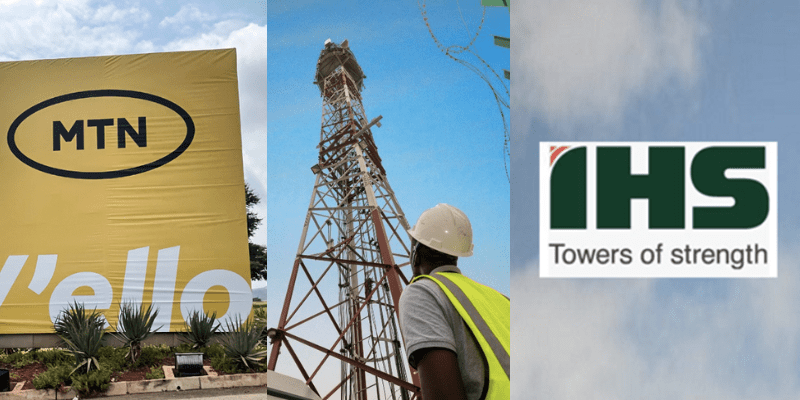After facing three consecutive quarters of losses, MTN Nigeria Communications Plc has made a comeback, reporting a profit after tax of N4.13 billion in the third quarter of 2024. The telco’s strategic pivot toward managing foreign exchange (FX) exposures and optimizing operational efficiency helped it recover from the challenging environment created by the Central Bank of Nigeria’s (CBN) foreign exchange market unification in 2023, which led to a steep naira devaluation from N471/$ in mid-2023 to over N1,500 by September.
In response to the sector’s reported FX losses totaling $1.56 billion in 2023, MTN and Airtel Africa adjusted their financial strategies by lowering foreign currency liabilities and restructuring contracts. Below, we examine MTN’s strategic maneuvers in detail, as outlined in its nine-month financial statement.
Key Steps MTN Took to Return to Profitability
1. Margin Recovery and Expense Efficiency
To restore profit margins, MTN focused on stabilizing revenue and improving cost efficiencies. One of the pivotal moves was the renegotiation of key operational contracts, notably with IHS, which yielded N54 billion in cost savings. This margin-focused approach provided the telco with a buffer against currency volatility, preserving its topline and enhancing operational resilience.
2. Capital Expenditure Optimization
MTN carefully managed its capital expenditure (capex), recording a capex intensity of 9.8% for the nine months ending September 2024. By prioritizing available forex liquidity for essential projects and limiting exposure to dollar-denominated obligations, the company achieved a 27.8% reduction in capex (excluding leases) to N217.6 billion. This strategic capital allocation allowed MTN to continue investing in growth while minimizing foreign currency risks.
3. Reduction of Dollar Exposure
To further mitigate currency risk, MTN Nigeria significantly reduced its outstanding trade line obligations to $57 million by September 2024 from $416.6 million in December 2023. While this reduction did result in a realized forex loss of N365 billion, it effectively lessened the company’s vulnerability to further naira depreciation. This prudent approach has helped stabilize MTN’s balance sheet in the face of ongoing macroeconomic pressures.

4. Tower Lease Contract Review with IHS
MTN’s renegotiated tower lease contracts with IHS marked a substantial shift in cost structure. By minimizing the dollar-indexed portion and implementing a fixed price based on tower space and power usage, MTN reduced the volatility of expenses tied to foreign exchange rates. The new agreement also includes an energy cost component linked to diesel prices, enabling a more predictable operating cost framework. From April to September 2024, MTN accrued N54 billion in operational expense (OPEX) savings, with free cash flow savings amounting to approximately N45 billion.
However, MTN anticipates increased depreciation and finance costs in the early years of the extended lease period, now set to last until December 31, 2032. Despite the upfront costs, the telco projects a positive impact of N3.5 to N4 trillion on its pre-tax profit (PBT) over the contract’s duration, highlighting the long-term financial benefits.
Navigating Tariff Adjustments and Regulatory Engagements
MTN remains in active discussions with Nigerian authorities, advocating for tariff adjustments to alleviate the impacts of macroeconomic challenges. Telcos in Nigeria have requested their first tariff review in over a decade, driven by rising operational costs. The Nigerian Communications Commission (NCC) is currently reviewing this request, balancing the need for cost-reflective tariffs with telecom affordability for Nigerian consumers.
Conclusion: Sustained Profitability Through Strategic Adjustments
MTN Nigeria’s profit rebound in Q3 2024 reflects the success of its strategic shift to reduce FX exposure, optimize operational spending, and renegotiate essential contracts. These adjustments have equipped the company to better withstand macroeconomic volatility and set a foundation for sustained profitability. As the telco continues to negotiate for favorable tariff adjustments, it is positioning itself to further strengthen its financial health while supporting accessible telecom services across Nigeria.
With its recent financial turnaround, MTN serves as a case study in how telecom companies in emerging markets can navigate volatile economic conditions, balancing growth and resilience in a challenging landscape.



